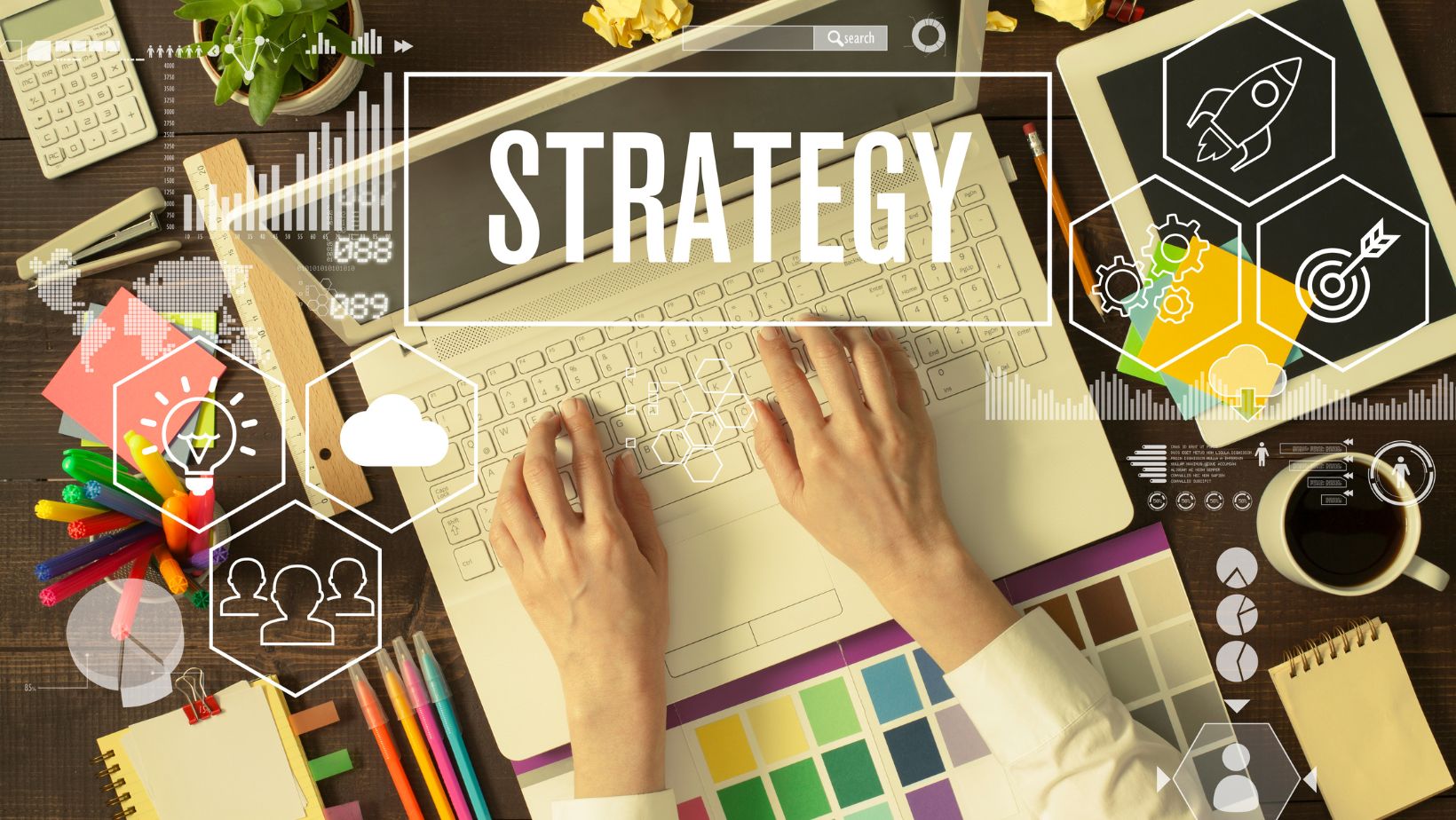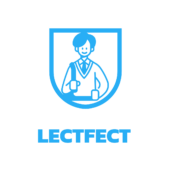Adult learning plays a crucial role in helping individuals enhance their skills and knowledge beyond traditional educational settings. By tailoring learning methods to suit the specific needs and preferences of adult learners, educators can create more effective and engaging learning experiences. Whether it’s through practical applications, real-life scenarios, or interactive workshops, these strategies aim to make learning relevant and applicable to adult learners’ lives.
Adult Learning Strategies
Motivation and Goal Setting

Beginning an educational journey as an adult can be both exciting and challenging. To maintain motivation throughout the learning process, setting clear and achievable goals is crucial. Establishing specific objectives helps individuals stay focused and measure their progress effectively. By defining milestones and objectives, learners can track their advancements and celebrate their accomplishments, boosting self-esteem and motivation. This structured approach not only enhances learning retention but also instills a sense of purpose, driving learners to persist in the face of obstacles.
Accommodating Learning Styles
Understanding and accommodating different learning styles is fundamental in adult education. Adult learners have diverse preferences when it comes to absorbing information, such as visual, auditory, kinesthetic, or reading/writing learners. Recognizing these variations and tailoring educational materials to suit each style can significantly improve comprehension and engagement. Incorporating multimedia resources, interactive activities, discussions, and hands-on experiences caters to a wider range of learning styles, making the learning process more inclusive and effective. By embracing these diverse approaches, educators can create dynamic and stimulating environments that optimize adult learners’ educational outcomes.
Best Practices in Adult Learning
Integrating Technology

Using technology in adult learning can significantly enhance the educational experience. It allows learners to access a vast array of resources and information efficiently. By incorporating online platforms, virtual classrooms, and educational apps, instructors can create interactive and engaging learning environments. These technological tools provide flexibility in learning, allowing adults to study at their own pace and convenience. Additionally, technology enables educators to track progress, tailor learning materials, and provide immediate feedback, enhancing the overall learning process.Collaborative learning through group projects fosters a sense of community and shared knowledge. Overcoming challenges such as work commitments and financial constraints is crucial for adult learners to succeed. Creating a supportive learning environment and implementing effective time management strategies are essential for maintaining a healthy work-life-study balance.
Incorporating Collaborative Learning
Collaborative learning plays a vital role in adult education, fostering a sense of community and shared knowledge. By encouraging group projects, discussions, and teamwork, educators can promote active learning and peer-to-peer interaction among adult learners. Collaboration enhances critical thinking, problem-solving skills, and communication abilities. It also creates a supportive environment where individuals can learn from each other’s perspectives and experiences. Through collaborative learning activities, adults can engage in meaningful discussions, exchange ideas, and develop a deeper understanding of the subject matter.
Challenges in Adult Learning
Overcoming Barriers to Education

Addressing obstacles that hinder adult learning is crucial to ensure successful educational outcomes. Adults often face challenges such as work commitments, family responsibilities, and financial constraints that can impede their ability to engage fully in learning activities. By recognizing and proactively addressing these barriers, educators can create a conducive learning environment that supports adult learners in achieving their educational goals.
Time Management Strategies
Effective time management is essential for adult learners to balance their various responsibilities while pursuing further education. Implementing strategies such as creating a study schedule, setting priorities, and minimizing distractions can help adults make the most of their available time. By incorporating time management techniques into their learning routine, adult learners can enhance their productivity, meet deadlines, and maintain a healthy work-life-study balance.
Tools and Resources for Effective Learning
Adult learners can benefit significantly from tailored learning strategies that cater to their individual needs and preferences. By incorporating self-directed, experiential, and collaborative approaches, along with motivation and goal setting, adults can enhance their learning experiences. The integration of multimedia resources, interactive activities, and online platforms offers diverse ways to engage with the material. Collaborative learning through group projects fosters a sense of community and shared knowledge. Overcoming challenges such as work commitments and financial constraints is crucial for adult learners to succeed. Creating a supportive learning environment and implementing effective time management strategies are essential for maintaining a healthy work-life-study balance.

